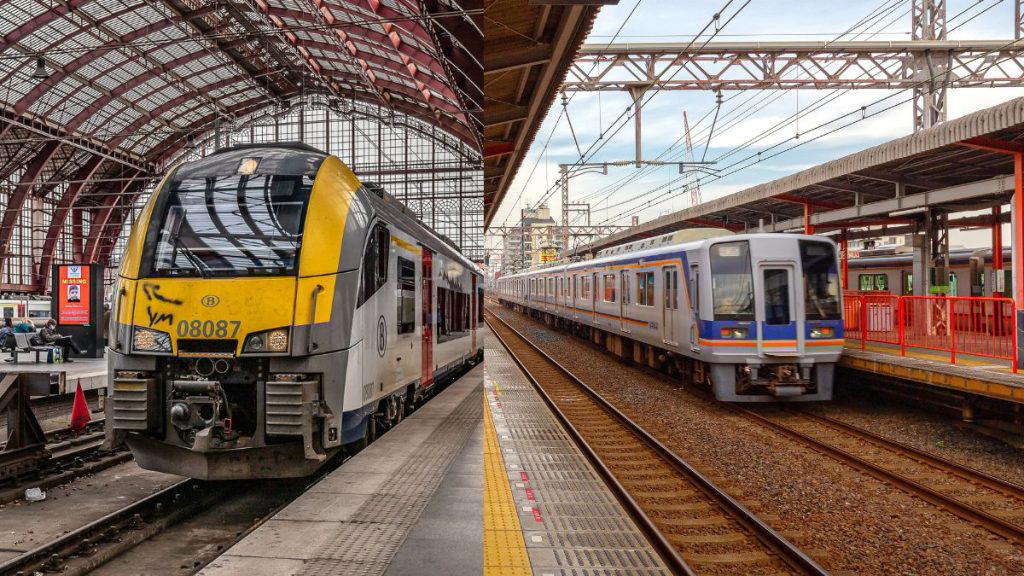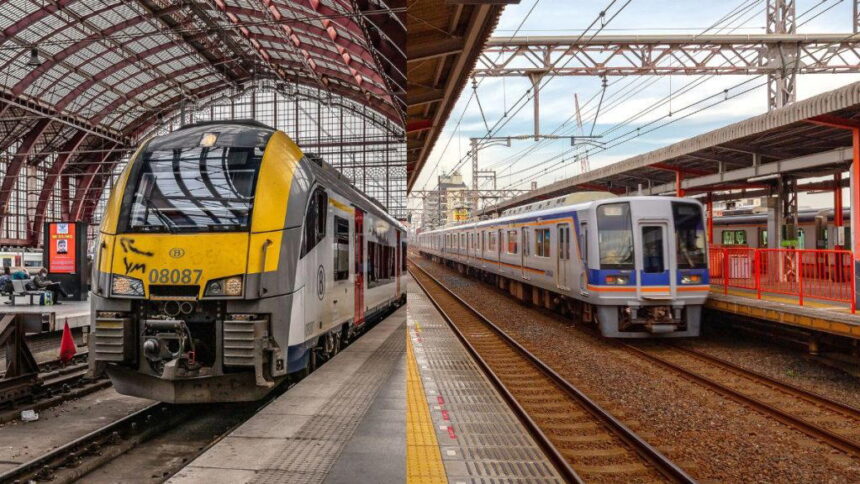
Here are nine countries that do not have any railway networks, and a brief look into why this is the case
Railway systems are often considered essential to a nation’s development, providing affordable and efficient transport for people and goods.
However, not every country has invested in or maintained a rail network. Whether due to geographical challenges, economic limitations, political instability, or environmental concerns, some nations have remained without a railway system to this day.
Here are nine countries that do not have any railway networks, and a brief look into why this is the case:
1. Andorra
This tiny mountainous country, nestled between France and Spain, has no railways due to its small size and rugged terrain. Andorra relies on well-paved roads and cross-border bus services to connect with major transport hubs in France and Spain.
2. Bhutan
Bhutan’s geography is dominated by steep mountains, making railway construction extremely challenging and costly. Additionally, the country values environmental conservation, which further limits large infrastructure projects.
Bhutan maintains a limited but functional road network and partners with India for logistical support.
3. Cyprus
Cyprus once had a railway system, but it was shut down in 1951 due to financial constraints and declining use. Since then, no effort has been made to rebuild it. Modern highways, buses, and taxis are the dominant means of transportation.
4. Iceland
Iceland’s population is small and spread across volcanic and geologically active terrain, which poses major challenges for railway infrastructure. A robust road network and domestic air travel connect cities and towns.
5. Libya
Though Libya began several railway projects in the 2000s, ongoing political instability and civil unrest halted construction. No functional rail service exists to date. Transportation is primarily by road, with some domestic and international air services.
6. Yemen
Yemen’s conflict-ridden history, mountainous geography, and underdeveloped economy have prevented the development of railways. The country depends on road transport, although road conditions are often poor, and air and sea routes serve limited purposes due to the war.
7. Papua New Guinea
With dense rainforests, mountains, and a scattered population, Papua New Guinea lacks the infrastructure and economic justification for railways. Roads (often in poor condition), small planes, and riverboats serve as the main means of transport.
8. Maldives
Comprising over 1,000 small islands, Maldives lacks the landmass and need for a railway system. The population is dispersed across many isolated islands.
Travel between islands is mostly by boats, ferries, and seaplanes. Some islands also use golf carts or bicycles for internal movement.
9. Guinea-Bissau
Guinea-Bissau faces economic hardships and underdeveloped infrastructure. Political instability has further hindered investment in railway development. Roads are the primary mode of transport, though many are in poor condition, limiting access to remote areas.
The post 9 countries without railway networks – and why appeared first on Vanguard News.










